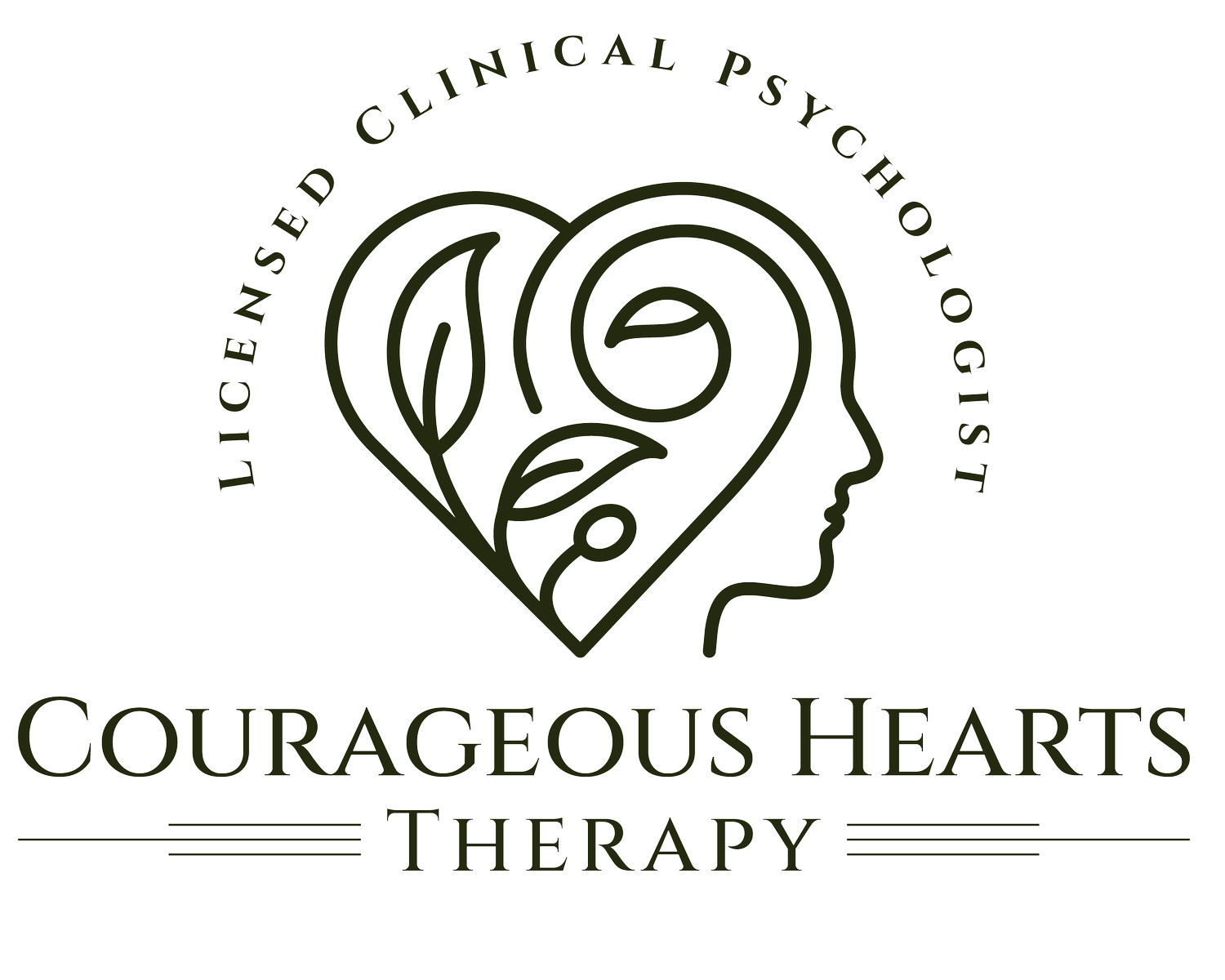The Strengths of being Emotionally Sensitive: A Psychologist’s Perspective
Emotional sensitivity is often stigmatized—by society, by clients, and even by clinicians. In therapeutic settings, we frequently hear emotionally sensitive individuals describe themselves as “too much” or “too intense”. But as psychologists, especially those trained in Dialectical Behavior Therapy (DBT) and trauma-informed care, we know this isn’t the full picture.
Emotional sensitivity is not a flaw. It's a trait—one that can become a profound source of strength when properly understood, validated, and supported.
What Do We Mean by Emotional Sensitivity?
Emotionally sensitive individuals tend to experience emotions more deeply, react more quickly to emotional stimuli, and take longer to return to baseline. This description mirrors what Marsha Linehan, the founder of DBT, refers to as emotional vulnerability—a biologically rooted sensitivity that becomes particularly problematic when paired with invalidating environments.
But that same sensitivity, when nurtured, brings with it a range of positive traits and abilities that are often overlooked or minimized.
The Strengths of Being Emotionally Sensitive
1. Empathy and Compassion
One of the most consistent strengths of emotionally sensitive individuals is their capacity for empathy. Because they feel so deeply, they are often naturally attuned to the emotions of others. This makes them thoughtful friends, supportive partners, and often gifted caregivers or professionals in helping fields.
2. Emotional Insight
Many emotionally sensitive people develop a rich emotional vocabulary and an ability to reflect deeply on their experiences. When they have access to effective therapeutic tools, they often demonstrate a high degree of emotional intelligence, including self-awareness, perspective-taking, and intuitive understanding of others.
3. Creativity and Expression
Emotional depth often fuels creative energy. Sensitive individuals frequently channel their experiences into art, writing, music, or other forms of expression. They’re able to tap into subtle emotional states and turn them into something tangible and meaningful, often resonating powerfully with others.
4. Strong Values and Moral Clarity
Emotionally sensitive individuals are often deeply moved by issues of justice, equity, and ethics. Their internal experiences drive a strong sense of moral responsibility. They tend to care deeply—not just about their own experiences, but about the well-being of others and the larger systems they are part of.
5. Depth of Connection
Because they experience emotions intensely, emotionally sensitive people tend to form deep, meaningful relationships—when they feel safe. They crave authenticity and are often skilled at building genuine, intimate connections with others, provided they have the relational tools and emotional safety to do so.
6. Motivation for Growth
Many sensitive individuals seek out therapy, mindfulness practices, or spiritual exploration early in life—not because they’re weak, but because they are motivated to understand and evolve. Their emotional intensity often drives a profound journey toward healing and self-discovery.
From Surviving to Thriving
In a world that often rewards emotional detachment or stoicism, sensitivity can be perceived as a liability. But as clinicians, we have the opportunity—and responsibility—to reframe that narrative. Our role is to help clients move from shame to self-compassion, and from emotional overwhelm to emotional mastery.
Skills-based therapies like DBT can be especially transformative. By learning how to regulate emotional intensity, tolerate distress, and communicate effectively, emotionally sensitive individuals can harness their traits as assets rather than burdens.
A Final Word for Clinicians
If you're a fellow psychologist working with sensitive or trauma-impacted clients, consider making space in your sessions to highlight these strengths. Helping clients recognize their emotional sensitivity as a form of resilience and relational intelligence can be deeply empowering—and a vital part of the therapeutic alliance.
When we honor emotional sensitivity, we help clients rewrite their stories: from “too much” to deeply human, and from “fragile” to profoundly strong.
Looking to explore these themes further in therapy? I specialize in trauma, DBT, and working with emotionally sensitive clients. Feel free to reach out or explore more on the blog.
